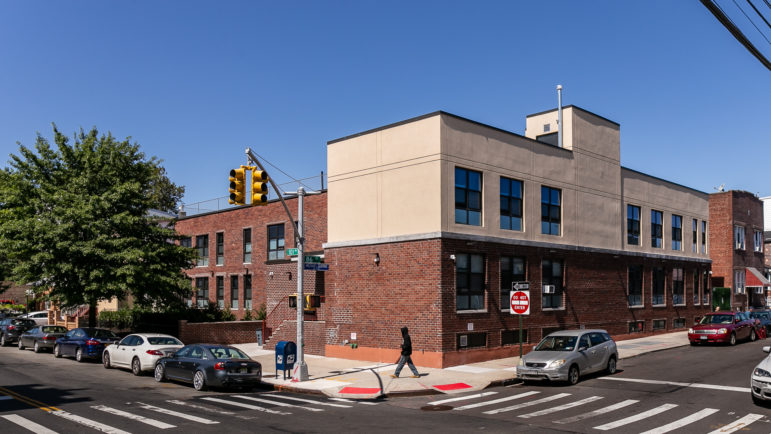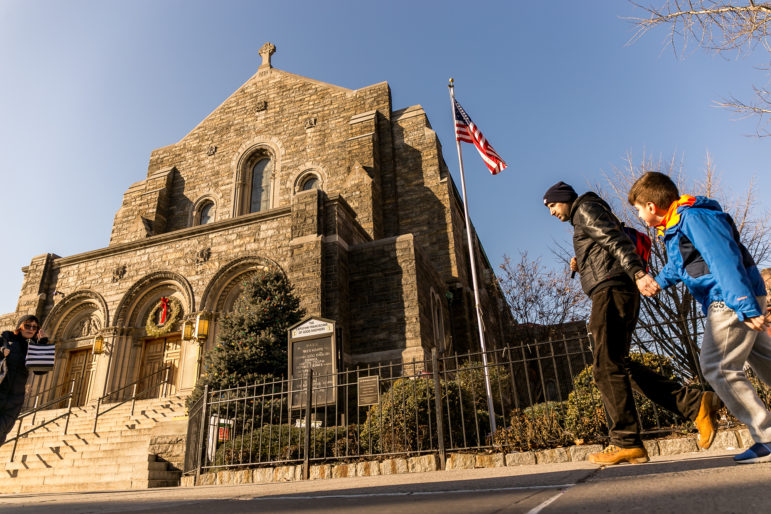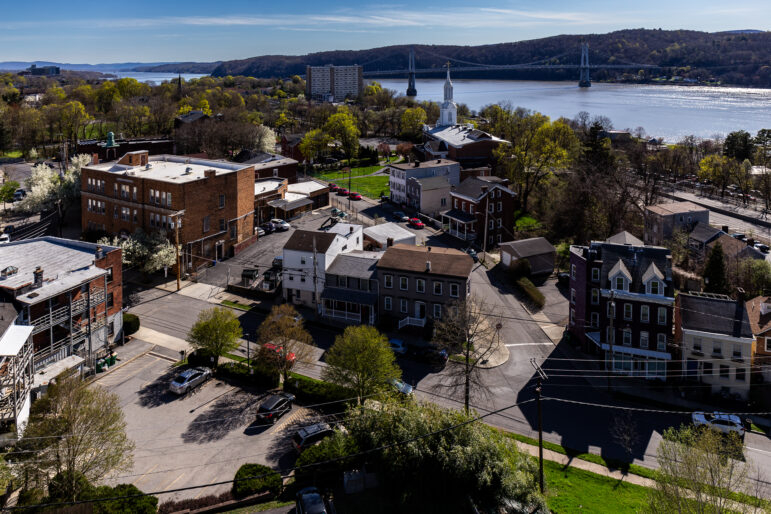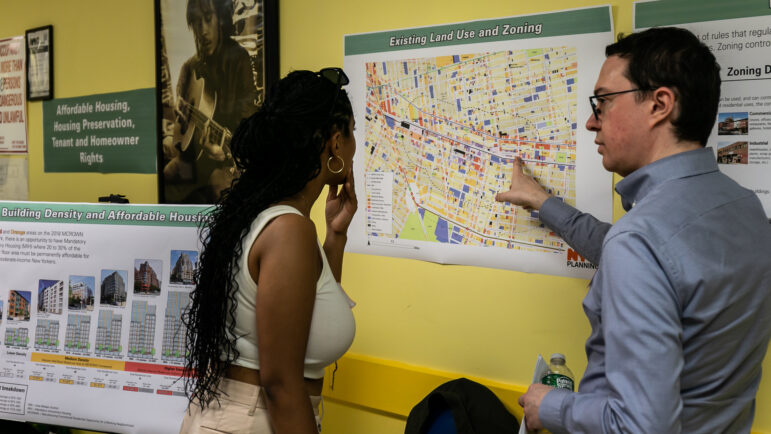
Adi Talwar
A homeless shelter for men in Ozone Park Queens last year.Homeless advocacy groups say the city’s shelter system housed more than 20,000 single adults in October–for the first time in the city’s history–making the need for supportive housing even more critical.
According to data from the Coalition for the Homeless unveiled Wednesday, there were an estimated 21,210 single homeless men and women in the city’s homeless system in October. The record high comes at a time when those in the shelter system are especially vulnerable to the health risks of COVID-19: Between May and August, the age-adjusted COVID-19 mortality rate for New Yorkers sleeping in shelters was 78 percent higher than the citywide average, advocates say.
The number of homeless adults in city shelters has increased by 10 percent in the past year alone and has more than doubled over the last decade, according to Coalition for the Homeless. The data also doesn’t demonstrate the full extent of the crisis, as it only includes information from the city’s shelters, not counting individuals or families living on the streets, or those in private shelters that work with the city.
Leaders with housing advocacy coalition Campaign 4 NY/NY Housing are calling on Gov. Andrew Cuomo to deliver on the state’s commitment, made in 2014, to create 20,000 supportive housing units over a 15-year period. Only 6,000 have been funded so far, advocates say.
Supportive housing is the combination of affordable housing and support services to help individuals and families recover from homelessness, substance abuse issues, hospitalization or incarceration, as well as for or individuals who have aged out of the foster care system.
“This crisis of epic proportions is the result of multiple economic and policy failings including a severe lack of housing for single adults and importantly a lack of housing for adults living with serious mental health illness, substance abuse disorder or other disease. This dire crisis among single adults has been exacerbated by COVID-19 which has already forced more individuals into homelessness and will likely worsen in the coming months,” said Giselle Routhier, Policy Director of Coalition for the Homeless.
“If we had more supportive housing it would change a lot of lives,” Geraldine Sawyer, a U.S. Army veteran and resident at Surf Vets Place, a supportive housing development in Coney Island, said at Wednesday’s virtual press conference. Sawyer said after leaving the Army, she found herself on the “wrong road” and in the shelter system in 2016. Receiving support with housing also brought job stability into her life, she said, and now she was working with shelters to give back that same support.
Routhier said in an interview with City Limits the groups are hoping to bring more attention to the issue of homelessness and supportive housing before the state legislature begins its next session in January, and before the state budget is eventually adopted this spring.









